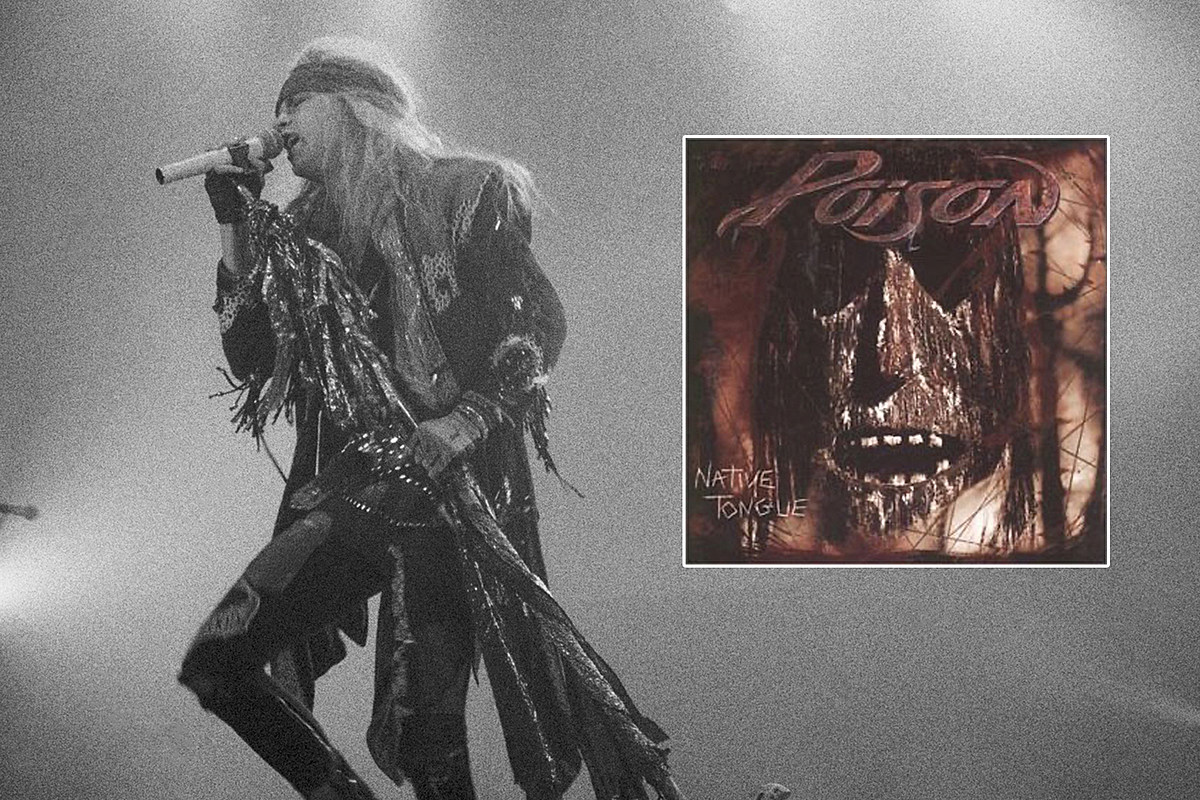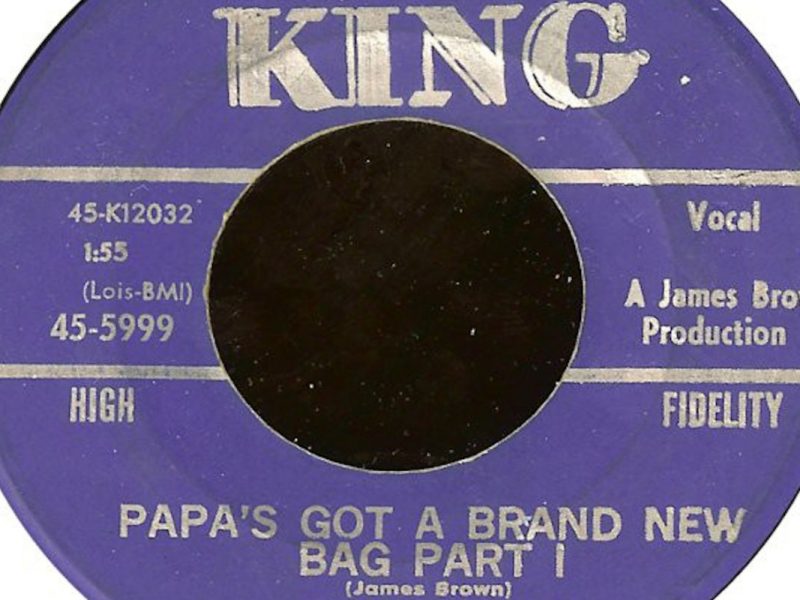Poison had important changes to address before turning their attention to a fourth album.
They wanted to move away from their party-hard reputation and prove themselves as quality songwriters and take their fans with them. More than anything else, they wanted to move forward without guitarist C.C. DeVille, who’d been fired after a drug-fueled breakdown in relations.
“The exact night that I no longer believed in C.C. was when we did the MTV Awards in 1991,” Bret Michaels told Kerrang! two years later. “It was a gagglefuck, to say the least. We walked onstage, I was really fired up, and he played half of ‘Talk Dirty To Me’ with his guitar unplugged. I walked over to him onstage and said, ‘C.C., your guitar’s unplugged!’
“And I won’t say anything about substances, because we’ve all had ’em. But I was never more depressed than that night, and afterwards I just walked out, and they had limos waiting for us but I didn’t want one,” Michaels added. “I went over to an Italian place called Masseli’s and got shitfaced drunk. It was a realization that we knew what was happening and we knew what was going on. The next week, it was just a mutual parting of the ways. Neither of us believed in each other.”
Michaels, bassist Bobby Dall and drummer Rikki Rockett went through more than 3,000 demo tapes in the hunt for a replacement. The options were boiled down to two, both young guitarists with developing virtuoso reputations: Richie Kotzen and Blues Saraceno. Dall and Rockett initially preferred Saraceno, but Michaels wanted – and got – Kotzen.
Watch Poison’s ‘Stand’ Video
“He’s 22 years old, he has a fire up his ass, and wants to prove himself as a player,” Michaels argued. “We looked at him and told him he was over-qualified to play our songs, but that wasn’t the point. I wanted to work as a band from scratch, from the start, and we started working the night he joined.”
Kotzen said he wondered why a band with a style like Poison’s would want a player like him. “I start thinking, ‘Wow, they’re not just looking for like some dude to step in and play, you know, D, C and G chords over and over again,’” he later admitted. “They want a songwriter. They want a legitimate guy to help chart the course of the group stylistically, and still obviously retain what made the band work in the first place.”
His first song offering, “Stand,” saved an audition that Kotzen says he screwed up. “I had problems with my amps,” he admitted. “I had some vintage Marshalls, and smoke started coming out of one of them. And then when I went to play one of their tunes, I was making mistakes because I thought I knew it but didn’t. So they said, ‘Well, what do you got?’ I played ‘Stand,’ and Bret loved it.”
The slow, rootsy “Stand” was a new direction for Poison. After some adjustments by Michaels, the song became a cornerstone of 1993’s Native Tongue, despite its admittedly disappointing level of success. Kotzen also brought “Until You Suffer Some (Fire & Ice),” “Body Talk” and “7 Days Over You” to the table during sessions in which 15 tracks were credited to all four members.
“When I look at Richie, I know that he’s really into what he’s doing, that he believes in the music he’s playing,” Michaels once said of the tour in support of Native Tongue. “When I look over at him onstage, I don’t think I’ll ever look over and think, ‘Jesus Christ, he’s not competent enough to play that.’ Richie likes to have a few drinks and whatnot, but I know he ain’t gonna come onstage at one of our biggest shows so coked out of his brain that he can’t play three chords.”
Watch Poison’s ‘Until You Suffer Some’ Video
The honeymoon period, however, would not last. Native Tongue charted at No. 16, supported by the release of “Stand” as the lead single. “Until You Suffer Some (Fire & Ice)” followed and then “Body Talk,” the only one of the three that could be said to carry the rock energy Poison was known for. Michaels noted fan-mail suggestions that Kotzen just didn’t fit in, and that he believed “Stand” was too different to have been launched first.
As the new version of Poison failed to connect, Kotzen reportedly became involved in an affair with Rockett’s girlfriend. It became clear he’d have to go – and some accounts suggest he was summarily fired by having his property thrown off the tour bus and being told to go with it.
“I never really got to know the guy,” Michaels told Kerrang! in late 1993, by which time Poison had jumped to Plan B and hired Saraceno. “The camaraderie was missing, and that’s very important for our band.” He recalled telling Kotzen: “I just spent the last two years of my life picking up the pieces of what happened with C.C., putting it into you and making an effort to make it work – but I never got that effort back.”
Listen to Poison’s ‘Body Talk’
Michaels felt “we made a great record, that he was a great guitar player, but he had to admit he never quite put that effort out. I was pissed off because we had exposed our fans to what I wanted to be the band for the rest of our career. With Poison, it’s an attitude – you’ve gotta go onstage and really feel it. … But I’ll never forget something I read Ozzy [Osbourne] say in an interview. He was talking about the fact that you have highs and you have lows, but you just keep on going. And that’s it.”
Saraceno didn’t last either. Crack a Smile, the only LP he recorded with Poison, was shelved for several years. Soon DeVille was back in the ranks, while Kotzen returned to his solo career and did comfortably well. He said he sometimes listens to Native Tongue – and to “Stand” in particular – before adding: “It turned out to be a cool collaboration.”
Rock’s 22 Nastiest Onstage Bandmate Blowups
Real-Life Spinal Tap Stories: Poison’s Richie Kotzen



